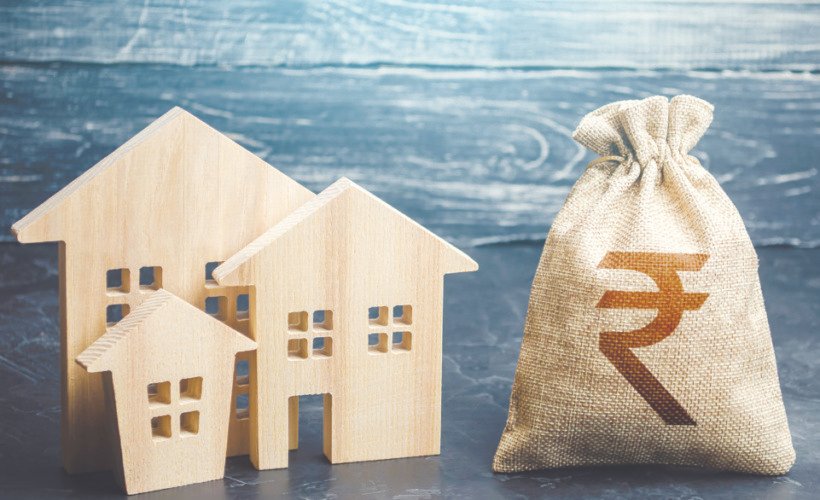
The heightened infrastructure tax brings the residents of Margao out in opposition to the implementation of any such hike by the Margao Municipal Council (MMC)
Goa’s real estate sector experiences quite a competition in terms of housing with many new construction units being purchased by outstation buyers from metropolitan areas like Mumbai and Delhi. This puts enormous pressure on housing prices and also on locals wishing to purchase units in their own state.
However, to add to this, the State government sprung a surprising hike in infrastructure tax, property tax on residential and commercial real estate, and processing fee for construction clearances. The increase in infrastructure tax impacts the coastal panchayats as well as the five major towns of Goa – Panaji, Mapusa, Ponda, Mormugao, and Margao.
In this regard, the Margao Municipal Council (MMC) resolved to pass a resolution during its council meeting that was scheduled on August 25, 2023. This was accompanied by several other matters that were added to the meeting agenda. However, such an act drew strong opposition from the people of Margao who critically commented on the civic body’s attitude of ignoring all government circulars asking for the assessment of the numerous illegal premises in the jurisdiction of the MMC but promptly working on passing a resolution on taxing the loyal and law-abiding residents of Margao.
The villagers roped in the government’s revision of construction licence fees that occurred in 2020 and stated that within a matter of three years, it is now laying a heavy burden on the citizens through this hike in infrastructure tax. Hence, the dispute heavily centres on the fairness and necessity of such a huge increase in fees for construction projects.

Urban Alchemy
“The recent increase in infrastructure tax by the government has understandably caused concerns, especially within the real estate sector. While taxation is necessary to fund projects and services, it is crucial that any rise in these taxes is justified and comes with noticeable improvements in infrastructure provision,” says Ar Ankit Prabhudessai, Urban Alchemy.
In a letter addressed to the chief minister on this matter, Rajesh Sheth, President of CREDAI Goa, stated that the real estate sector contributes substantially to the GDP and accounts for nearly 11% of bank credit in addition to having backward and forward linkages with almost 250 industries including steel and cement. “Our survival, therefore, is not just desirable, it is rather crucial for the economy,” he remarked.

According to the letter, the infrastructure tax collected by the Town and Country Planning Department at the time of issuing technical clearance is the first step that imposes a significant financial burden on developers. This is due to the fact that the amount of tax collected is to be shared with departments like the Electricity Department, Public Works Department (PWD), and others, in order to build the required infrastructure. However, despite paying the tax, the departments still demand that necessary infrastructure like execution of transformers, waste management, and so on, be looked after by the developers themselves, thereby burdening them.
Furthermore, the infrastructure tax issue raises concerns about balancing the requirement for revenue generation with the potential financial burden on individuals and businesses looking to build in the area, as the increase in taxes in turn increases housing prices. Many individuals believe that such a hike could in fact cause people to deviate from the legal path and push them to use illicit means.
This hike in infrastructure tax is said to be as high as 45%, which will undoubtedly put a dent in the finances of Goans wishing to build legally. To add to this, the sanitation fees were recently increased to 50% by the MMC.
In truth, it has grown increasingly difficult for the average Goan of today to acquire a home, and such steep increases in taxes only puts a further burden on them.
According to the new tax rules for tax assessment on properties in municipal areas which have been notified by the State government and come into effect as of April 1, 2023:
– Property tax payable for new residential buildings shall be 0.15 per cent of the building’s capital value, to be assessed annually.
– Property tax payable for new commercial buildings shall be 0.25 per cent of the building’s capital value, to be assessed annually.
A resident of Margao stated that the implementation of the new rates would push the tax payable for a 100 square metre residential unit from the current `67,614 to `93,307 while the licence fees for a 100 square metre commercial unit would increase from `76,916 to `1,11,530.
“The government must prioritise developing channels for delivering infrastructure projects so that funds generated from taxes are used effectively on initiatives that directly benefit citizens. Furthermore, transparency in allocating funds and executing projects is vital to establish trust among taxpayers. Clear accountability measures and monitoring systems should be implemented to ensure that revenue generated from infrastructure taxes is used wisely for betterment,” adds Ar. Ankit Prabhudessai.





